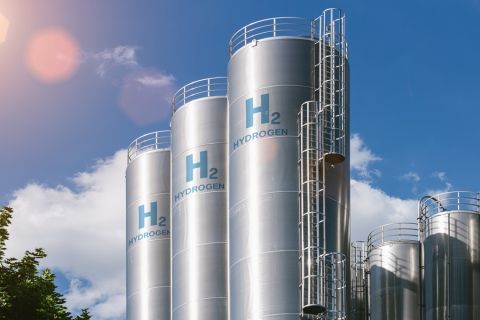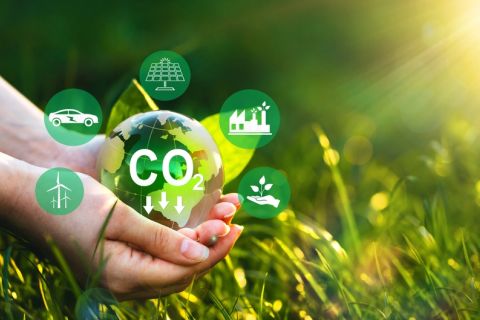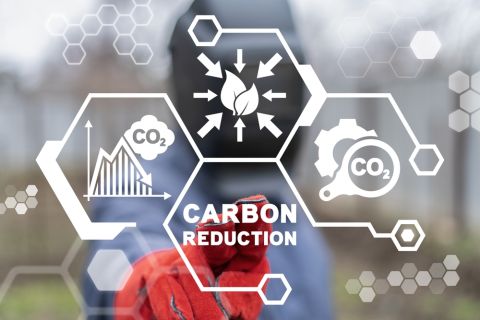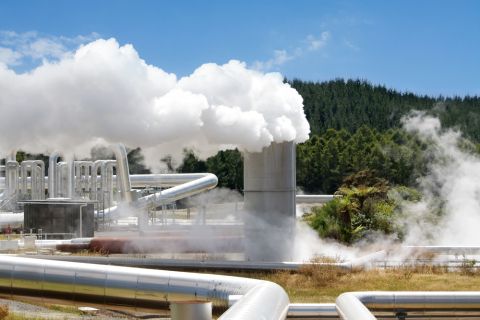Japan's JERA, one of the world's biggest buyers of liquefied natural gas (LNG), expects to divert more of its LNG trade volume to other Asian countries in the long run, as demand weakens at home, an official said.
On April 28, JERA reached a fresh LNG purchase deal with a U.S. company and predicted a jump in 2023/24 net profit to 300 billion yen, boosted by lower fuel costs. Its LNG transaction volume came to 37 million tons in the 2021/22 fiscal year.
Looking ahead, the company's transaction volumes "may decline or may stay the same," Yukio Kani, JERA's new global chief executive officer and chairman, told Reuters in an interview.
"Japan may not need LNG for 20 years ... but other Asian countries need to replace coal with something and LNG will play an important role," he said, adding that JERA could supply fuel to those countries likely to need it.
Japan's biggest utility and top LNG buyer, JERA bought a stake of 27% in Aboitiz Power of the Philippines in 2021 and Aboitiz is considering using ammonia in existing coal power plants, just as JERA is doing, Kani said.
"We don't view LNG demand just for Japan, but for Asia as well," he said.
Last December, JERA signed a key deal with Oman LNG to buy up to 12 cargoes, or about 800,000 tonnes a year for a decade, beginning from 2025.
Kani did not clearly say whether JERA plans to sign more long-term contracts, however.
Asian spot LNG prices held at 22-month lows in April as demand stayed weak in the key north Asian markets of China, Japan and South Korea.
They had surged to a record in August 2022 after Russia curtailed natural gas supplies to Europe in response to sanctions over its invasion of Ukraine.
"The volatility is very high," Kani said when asked about the outlook for the market.
"If we face a severe winter and China coming back to the market, it is a very bad sign," he added, saying China had a large appetite that could lead to a very tight market if it needed to buy spot LNG.
Japan was the world's biggest buyer of the super-chilled fuel in 2022, its imports exceeding those of China, due to slow economic activity amid Beijing's strict COVID-19 curbs.
Apart from its integrated gas-to-power business, which covers fossil fuel procurement through power generation, JERA is expanding use of renewable power to decarbonize.
In March, it agreed to buy Parkwind, Belgium's largest offshore wind platform, for 1.55 billion euros ($1.7 billion).
The Japanese company aims to boost renewable power assets at home and abroad, while also seeking to build supply chains for greener fuels such as ammonia and hydrogen, Kani said.
"LNG, renewables and hydrogen are the three pillars that we are really driving," he said.
Recommended Reading
Tangled Up in Blue: Few Developers Take FID on Hydrogen Projects
2024-04-03 - SLB, Linde and Energy Impact Partners discuss hydrogen’s future and the role natural gas will play in producing it.
No Silver Bullet: Chevron, Shell on Lower-carbon Risks, Collaboration
2024-04-26 - Helping to scale lower-carbon technologies, while meeting today’s energy needs and bringing profits, comes with risks. Policy and collaboration can help, Chevron and Shell executives say.
1PointFive, AT&T Enter Carbon Removal Pact
2024-03-13 - 1PointFive said it is also participating in AT&T’s Connected Climate Initiative to collaborate on carbon removal solutions like direct air capture.
Ameresco Starts RNG Production at Republic Services Landfill
2024-02-20 - Located in Danville, Illinois, the RNG facility is capable of processing 2,000 standard cubic feet of gas per minute.
Quaise Energy Raises $21MM Toward Deep Geothermal Operations
2024-03-12 - Quaise Energy will utilize a technique to vaporize rock using high-power microwaves to achieve deep geothermal energy globally.





